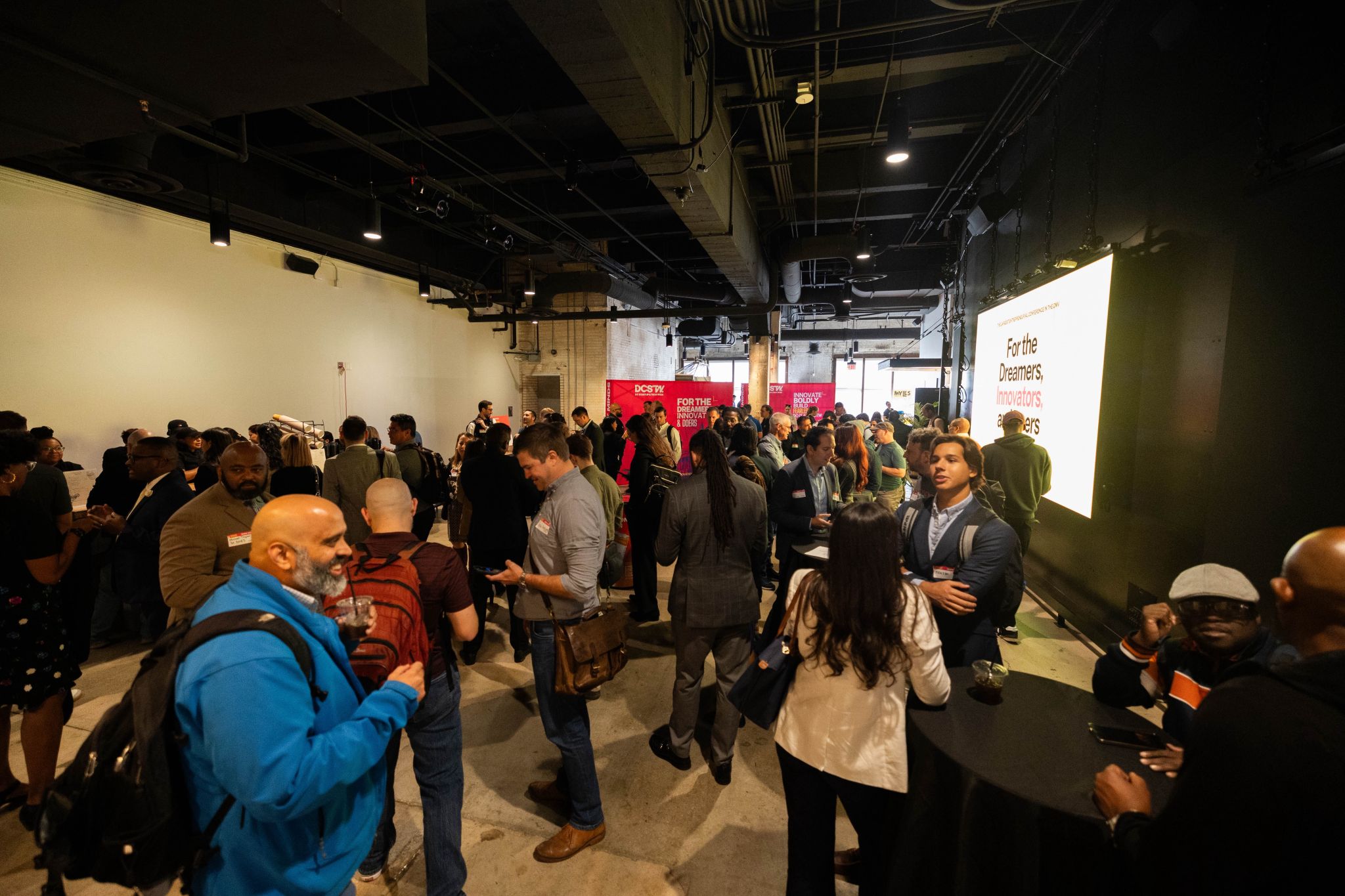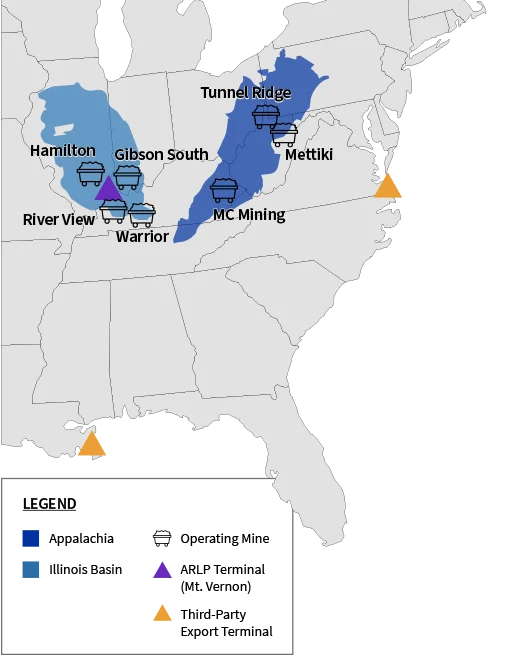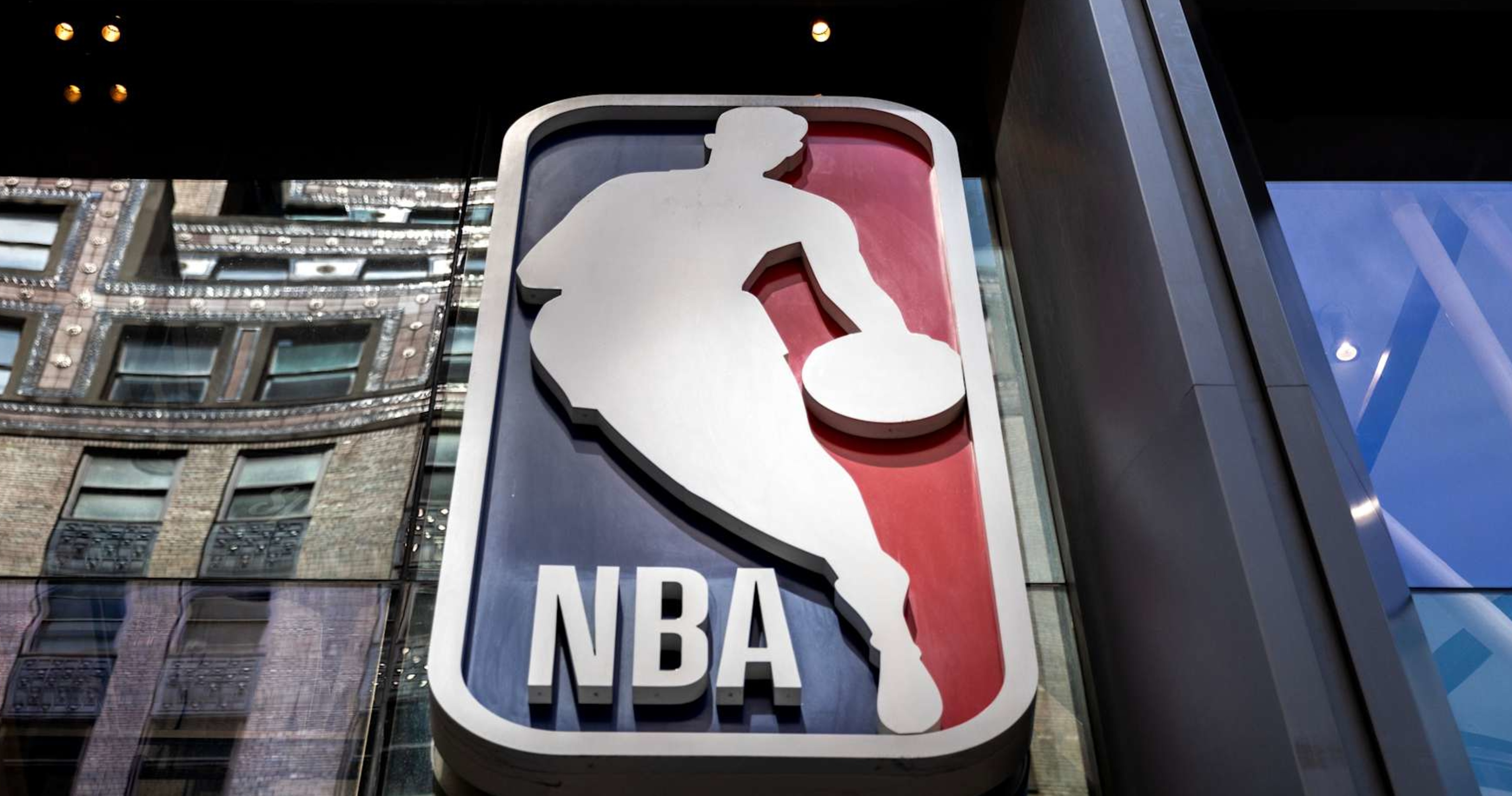There’s no shortage of technology and innovation in and around the nation’s capital.
The DC metro region, home to more than 6 million people, is a hub for several sectors — cyber and IT dominate in the district, biotechnology and quantum are popular in the Maryland suburbs, and defense technology and data infrastructure influence the economy in Northern Virginia. It’s been called the “Silicon Valley of the East,” and each pocket in the region contributes something different to the tech ecosystem.
A wealth of opportunities — and critical shortages
Within those various industries and sub-sectors, the positions are plentiful. Job postings in the region beat out top hubs like New York City at different points in 2024, with CompTIA reporting more than 16,000 jobs in October alone, compared to New York’s near 13,400 and San Francisco’s 5,500 that month.
In 2023, the region counted more than 270,000 tech industry jobs, outpacing the similarly sized Philadelphia metro area by three times and nearly doubling Atlanta’s tech jobs. The DMV is projected to add more than 4,000 new jobs in 2024, according to CompTIA data.
Software development jobs across the DMV increased over the last decade, especially in Northern Virginia’s Arlington and Loudoun counties. Those jobs increased by more than 90% between 2014 and 2023, according to Lightcast workforce data. In Maryland’s Montgomery and Prince George’s counties, the number of jobs grew by more than 25% in that same time frame.
AI jobs will continue to increase in demand, per a report by the Greater Washington Partnership published over the summer, and that’s in part leading the jobs growth.
But certain skill gaps persist: Core manufacturing, tech and AI, and health care see an unfilled job posting rate of 75% expanding into the DC, Baltimore and Richmond metropolitan statistical areas, per the report.
VC slows down while major players make DMV moves
DC’s venture capital, along with the rest of the country, stalled for the most part this year after $5 billion was invested in 2023. The first quarter’s deals were valued at $813 million, while Q3’s $478 million comprised the region’s lowest in two years. DC’s second quarter departed from that trend with a whopping $1.7 billion in 2024, but most of that capital went to the e-cigarette giant JUUL.
Much of the DMV’s identity remains tied to its proximity to the federal government. That includes the agencies and leaders setting tech policy, standards and guidelines for creators and consumers alike. One example is the executive order for AI safety standards the Biden administration launched last year, which will likely change as the new administration funnels into the White House. Another is the Assessing Risks and Impacts of AI initiative that the Gaithersburg, Maryland-headquartered National Institute of Standards and Technology launched this spring.
Lobbying often accompanies policymaking. Tech companies spent more than $300 million on those efforts in 2023, with $74 million of it coming from giants like Amazon, Apple and Microsoft.
Big players in tech and venture capital are also laying stakes in DC. Silicon Valley powerhouse Andreessen Horowitz in 2024 announced plans to set up an office in the district, as did the Westly Group.
Schools and programs continue to develop entrepreneurship
The many colleges and universities across the region also boost the ecosystem in unique ways. Howard University collaborated with PNC to launch the PNC National Center for Entrepreneurship, which hosted its second Black entrepreneurship-focused conference this year. Higher education is also leaning into emerging technology: The University of Maryland, College Park launched a new AI institute in 2024.
Along with this heavy university presence, Arlington was dubbed one of the nation’s smartest cities in 2024, with 78% of people 25 and older having a bachelor’s degree.
Plus, programs like the social impact-oriented Halcyon Incubator and the disabled founder-focused 2Gether-International continue helping startups grow outside of the traditional educational pipeline. Trade associations and networks like the Northern Virginia Tech Council, the Maryland Tech Council and the newly rebranded DC Startup and Tech Week also continue organizing community at all levels of the innovation pipeline.








/cdn.vox-cdn.com/uploads/chorus_asset/file/25739364/2184281898.jpg)

